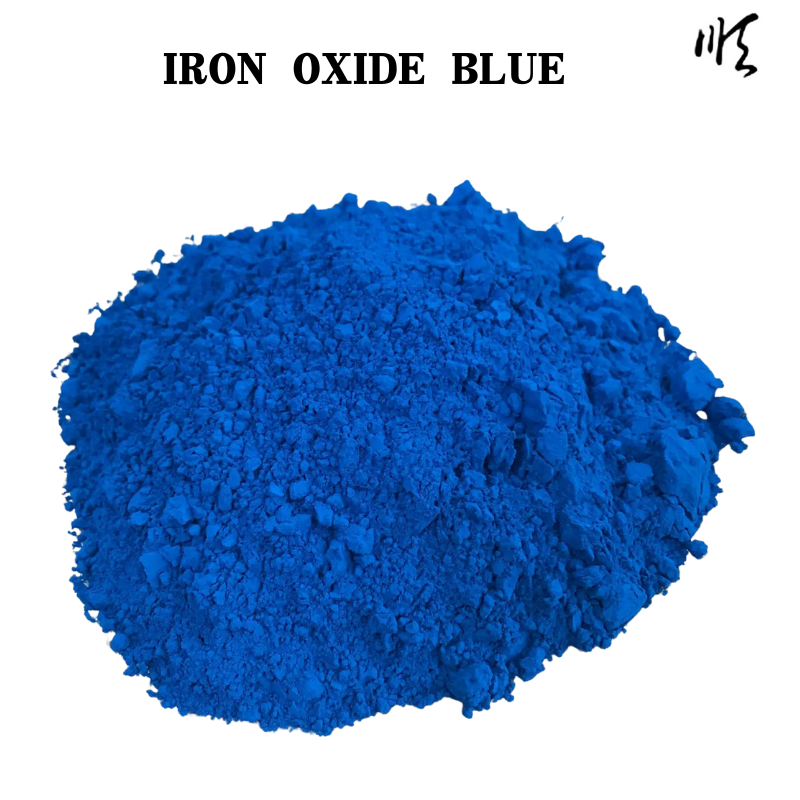
hydrated lime for sale
The Versatile Applications and Benefits of Hydrated Lime
Hydrated lime, chemically known as calcium hydroxide (Ca(OH)₂), is a versatile and widely used material in various industries. This white, dry powder is produced by the hydration of quicklime (calcium oxide), resulting in a product that has numerous applications in construction, water treatment, agriculture, and more. Its availability for sale in many formats makes it accessible for both commercial and personal use. Understanding the properties and benefits of hydrated lime can help industries and individuals make informed decisions regarding its application.
What is Hydrated Lime?
Hydrated lime is a fine, dry powder resulting from the reaction between quicklime and water. This exothermic reaction produces a product that can be easily integrated into various applications. The primary property of hydrated lime is its alkalinity, which makes it effective in neutralizing acids, making it an essential material for many processes.
Construction Applications
One of the most significant uses of hydrated lime is in the construction industry. It is widely used as a binder in mortars and plasters, contributing to the strength and durability of building materials. Hydrated lime enhances the workability of mortar, allowing for better adhesion and flexibility. Additionally, its high pH helps to inhibit mold growth, making it particularly suitable for damp environments.
Moreover, hydrated lime can be used as a soil stabilizer in road construction. When mixed with soil, it can improve load-bearing properties, reduce plasticity, and enhance overall performance. This application is crucial in areas where soil conditions can vary significantly, ensuring that infrastructure remains stable and long-lasting.
Water Treatment
In water treatment processes, hydrated lime plays a vital role in helping to purify water by removing impurities and harmful substances. As an alkaline agent, it raises the pH of acidic water, which helps to precipitate heavy metals and other contaminants. This makes it an essential component in municipal water treatment facilities, where maintaining water quality is paramount for public health.
Furthermore, during the treatment of wastewater, hydrated lime is used to reduce phosphorus levels and precipitate unwanted materials, thus facilitating their removal. The use of hydrated lime in these processes not only improves water quality but also contributes to environmental protection by minimizing the release of harmful substances into ecosystems.
hydrated lime for sale

Agricultural Use
In agriculture, hydrated lime serves multiple functions. It acts as a soil amendment, raising pH levels in acidic soils to promote better plant growth. By neutralizing soil acidity, it improves nutrient availability, enhancing crop yields. Moreover, hydrated lime can help control soil-borne pests and diseases, thus contributing to healthier crop production.
The application of hydrated lime in agricultural settings also contributes to environmentally-friendly practices. By promoting healthier soils, farmers can reduce the need for chemical fertilizers and pesticides, leading to more sustainable farming practices.
Health and Safety Considerations
While hydrated lime is beneficial in many applications, it is essential to handle it with care. The fine powder can cause irritation to the skin, eyes, and respiratory tract. Therefore, proper safety measures, including personal protective equipment (PPE), should be employed when using or handling hydrated lime. It is also crucial to ensure proper storage in a cool, dry place to prevent degradation and ensure maximum effectiveness.
Availability and Purchasing
Hydrated lime is readily available for sale from various suppliers, both online and in physical stores. When purchasing, it is important to choose a reputable supplier to ensure product quality. Different grades of hydrated lime may be available, depending on the intended application, such as industrial, agricultural, or food-grade quality. Each grade has specific characteristics that make it suitable for particular uses.
Conclusion
In conclusion, hydrated lime is an invaluable material with a wide range of applications across various industries. Its benefits in construction, water treatment, and agriculture underscore its versatility and importance. With ongoing advancements in technology and sustainability efforts, hydrated lime will continue to play a crucial role in improving processes and promoting environmental responsibility. Whether you are a contractor, farmer, or environmental technician, understanding and utilizing hydrated lime can lead to better practices and enhanced outcomes in your respective field.
Share
-
Premium Glass Sand Solutions | High Purity SupplyNewsAug.03,2025
-
Premium Talcum Powder Enhanced with GPT-4 Turbo | Soft & Long-LastingNewsAug.02,2025
-
Fly Ash Solutions Enhanced by GPT-4 Turbo | Sustainable InnovationNewsAug.01,2025
-
Natural Premium Bentonite Cat Litter - Superior ClumpingNewsJul.31,2025
-
Premium Resin Coated Sand - High Heat Resistance CastingNewsJul.31,2025
-
High Quality Silicon Carbide Grit for Abrasive ApplicationsNewsJul.30,2025






